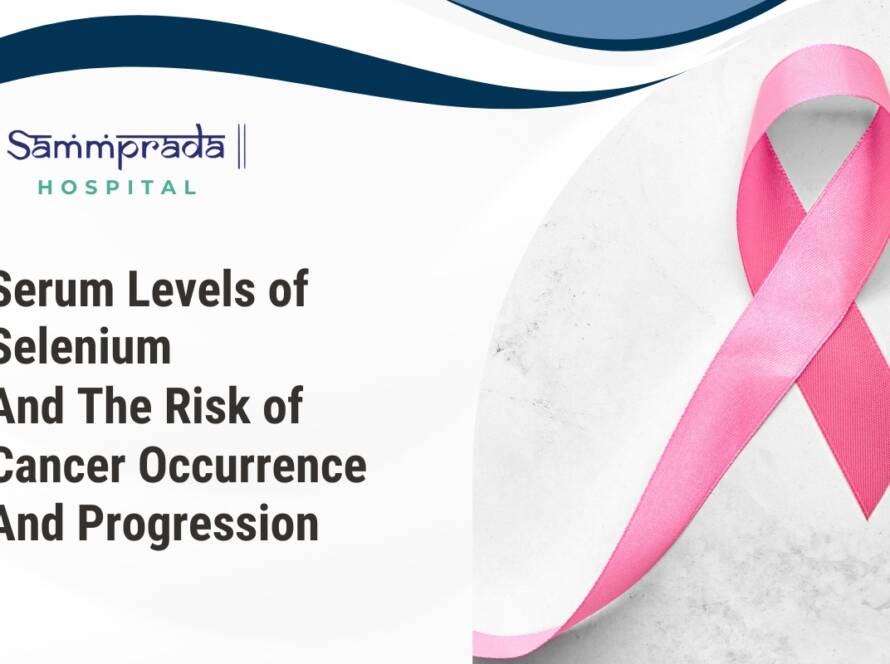One of the critical indicators of tumor progression is the cancer-associated systemic inflammatory response. It is important to identify cancer patients who are at risk of recurrence or poor prognosis using optimal biomarkers, as the clinical outcome could be improved by intensifying treatment. The commonly used inflammatory markers include C-reactive protein (CRP), erythrocyte sedimentation rate (ESR), and plasma viscosity (PV).
Inflammatory Markers in Routine Blood Examinations: Key Indicators for Cancer Prognosis
The anti-tumor response is decreased due to a reduction in lymphocyte count, which also affects the effectiveness of immunotherapy. Other markers derived from routine blood examination include: neutrophil-lymphocyte ratio (NLR), lymphocyte-monocyte ratio (LMR), platelet-lymphocyte ratio (PLR), lymphocyte-C-reactive protein ratio (LCR), systemic inflammation score (SIS), Glasgow prognostic score (GPS) and prognostic nutritional index (PNI).
At Sammprada, NLR is used as an inflammatory marker to assess the prognosis, disease recurrence, and response to treatment. It is an index of immunoinflammatory, and high NLR values suggest that the patient is in a high inflammatory status, which can lead to a worse prognosis. CRP levels are also continuously monitored for their association with increased risk of cancer, cancer progression, and decreased survival. The decrease in CRP is associated with response to treatment. Interleukin-6 (IL-6) is shown to increase CRP levels and is also explored as an inflammatory biomarker.
The management protocol at Sammprada is focused on the prognosis of cancer and patient survival with optimum quality of life, and in this regard, our regimen includes assessment of correlates such as inflammation in the tumor microenvironment and the systemic circulation.


